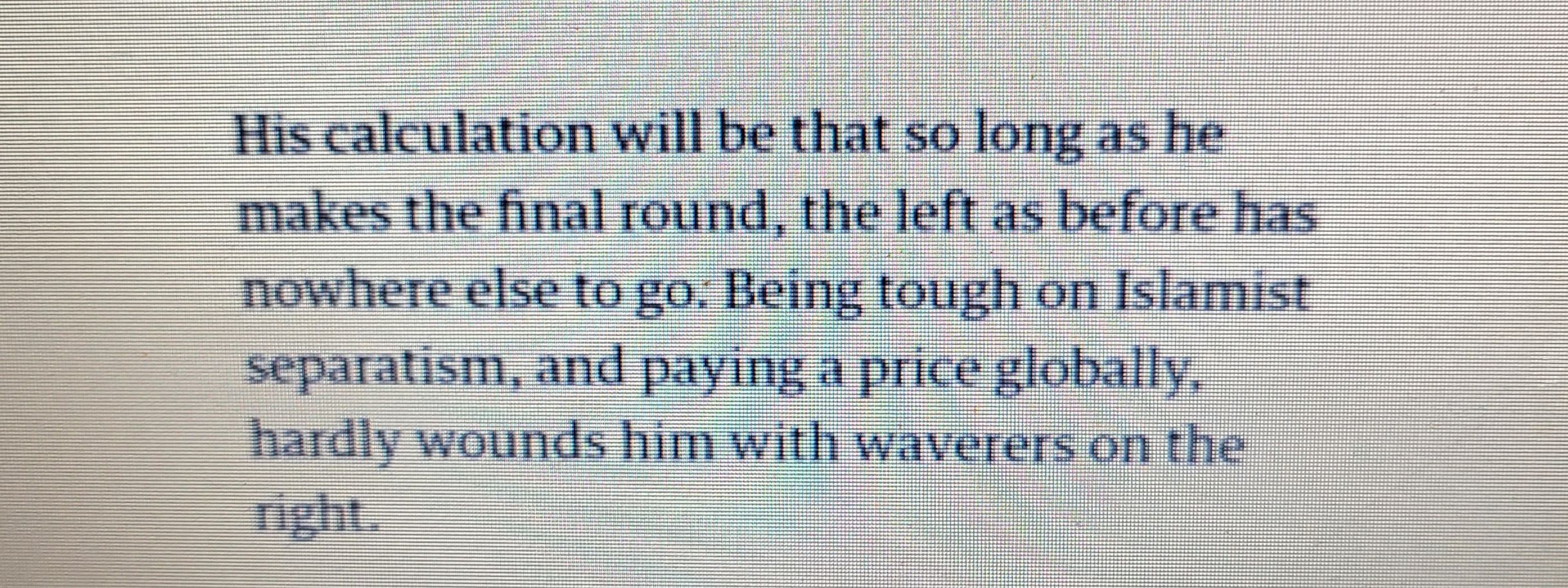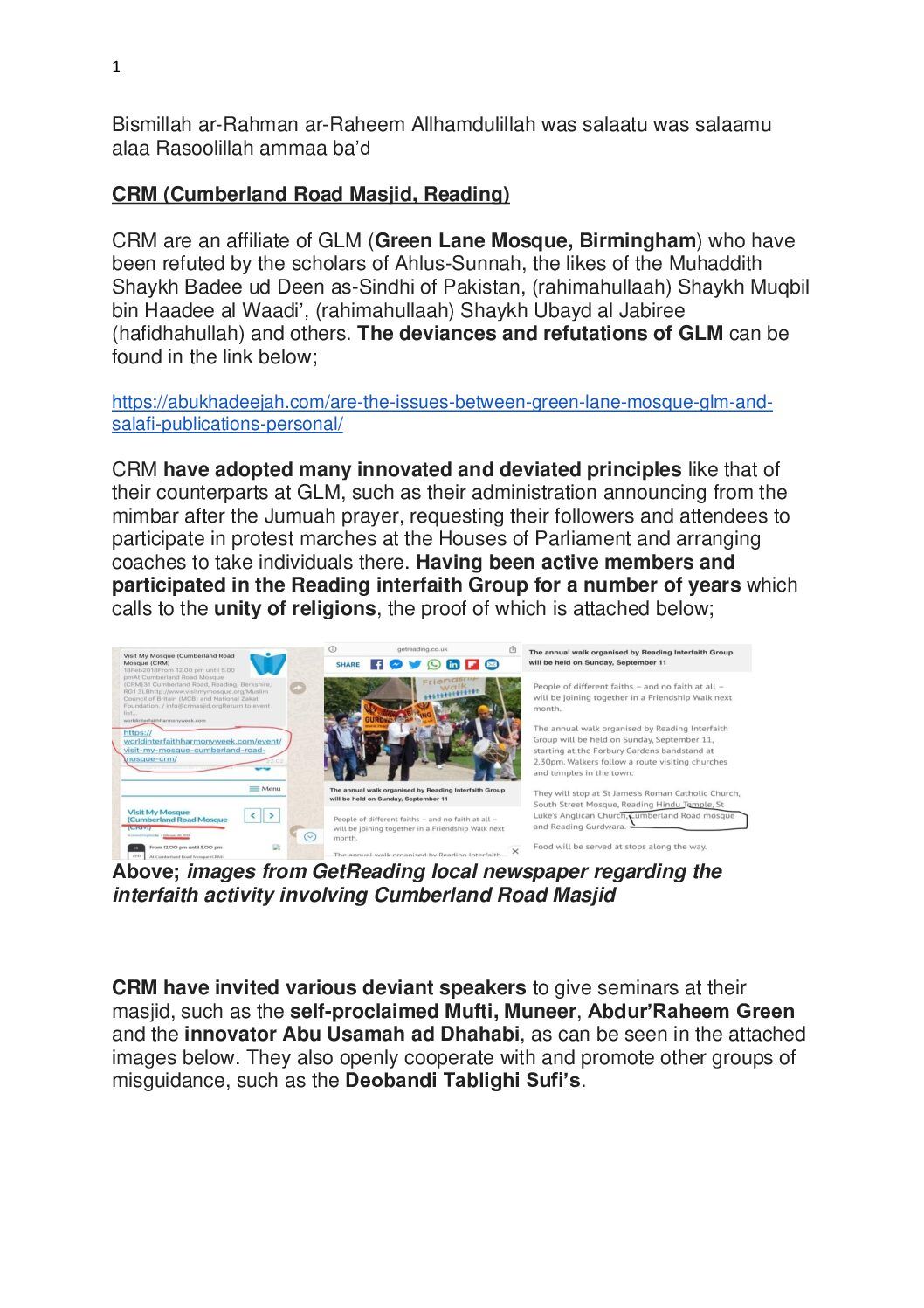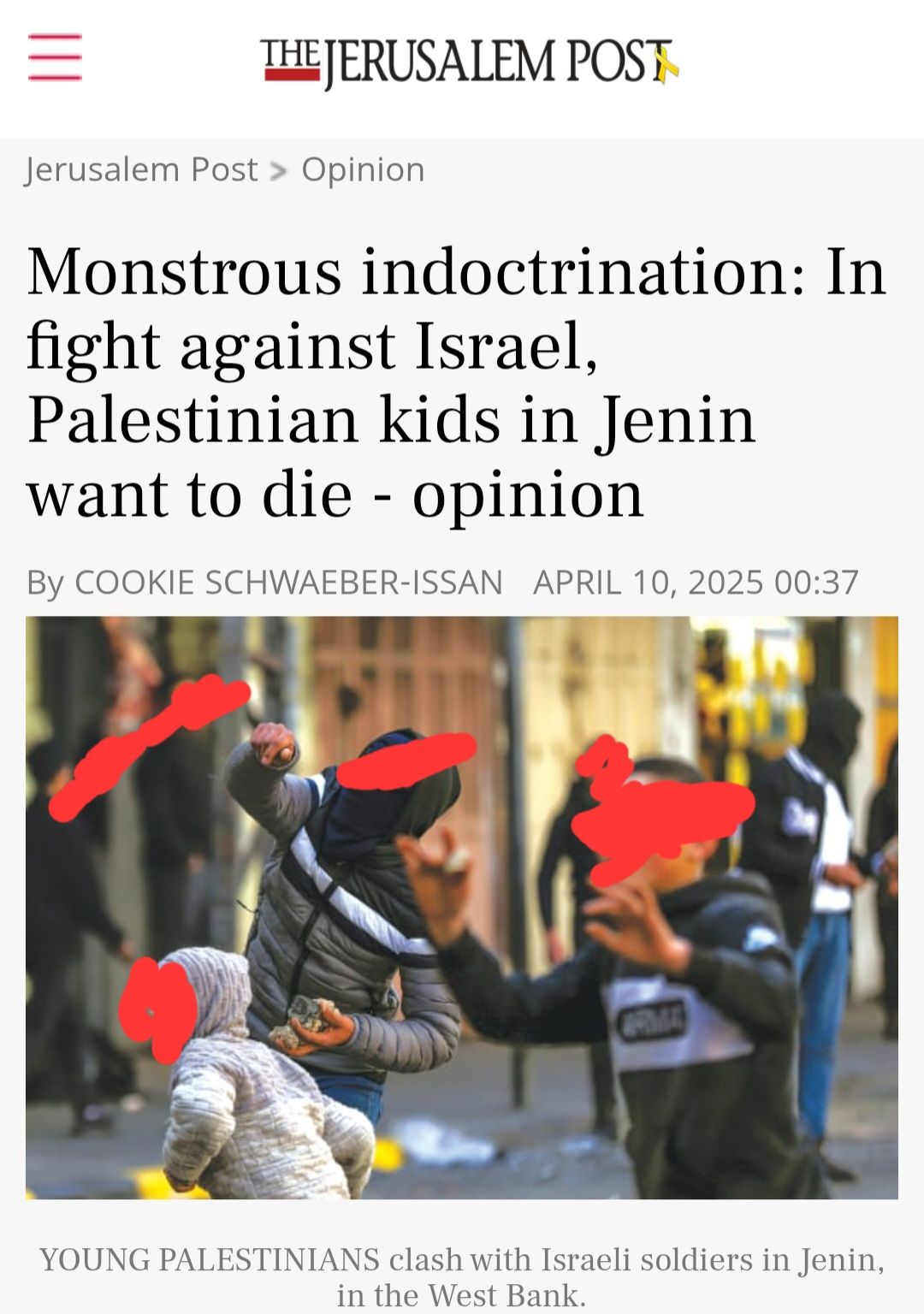بِسْمِ اللَّهِ الرَّحْمَٰنِ الرَّحِيمِ
[Abdul Maalik Ar-Ramadaani says that the affairs of Jarh Wat-Tadeel are based on Ijtihaad] [1]
Question to Al-Allaamah Rabee Bin Haadi Al-Madkhali (may Allaah preserve him)
Are the affairs of Jarh Wat-Tadeel based on Ijtihaad? And how do we refute the one who says, ‘’I am not obliged to (take/accept) the speech of such and such a Shaikh?!
Answer:
A group amongst the schemers against the Salafi Methodology and those who wear a false garment of Salafiyyah seek to place in the affair of Jarh Wat-Tadeel (the false principle): ”We rectify but we do not disparage;” (and the false principle): ”We want a broad and extensive methodology that will accommodate all the Ummah”; (and the false principle): ‘’We rectify but we do not destroy;” Meaning: Neither evil nor bidah is repelled; rather all the Ummah are accommodated in a board and extensive methodology to the extent that even the Raafidah (shia) are accommodated. So these people begin to make false accusations against the science of Jarh Wat-Tadeel and against those (i.e. the scholars) who establish it. Some of these false accusers have gone as far as saying that there is no proof in the Qur’aan and the Sunnah to establish the science of Jarh Wat-Tadeel!
Indeed, the Qur’aan is filled with the proofs of Jarh Wat-Tadeel—the people of pharaoh have been refuted and disparaged; the people of Prophet Nooh have been refuted and disparaged; the people of Prophet Hud have been refuted and disparaged; the people of Prophet Saaleh have been refuted and disparaged; the Quraish have been refuted and disparaged and Abu Lahab has been refuted and disparaged. The Sunnah and the methodology of the Salaf are filled with Jarh Wat-Tadeel and it is a weapon against the people of innovation. These people promoting such false principles want to break this ‘Jarh Wat-Tadeel Weapon’ into pieces, and they want to deprive the Salafis of this ‘Jarh Wat-Tadeel Weapon’ which is traced back to the Book of Allaah and the Sunnah of the Messenger of Allaah (sallal-laahu-alayhi-wasallam).
So a person comes along and wages war against the science of Jarh Wat-Tadeel; then a second person comes along and wages war against the science of Jarh Wat-Tadeel; then a third person comes along and wages war against the science of Jarh Wat-Tadeel; then a fourth one comes along and wages war against the science of Jarh Wat-Tadeel……..then a tenth person comes along and wages war against the science of Jarh Wat-Tadeel and they are all followed by crowds!! Therefore be warned against these people, for they wear a false gown of Salafiyyah in order to split the Salafis through these false principles and precepts.
A person commits murder and was seen by two trustworthy witnesses; then these two witnesses are summoned in the presence of the ruler who applies the Islamic rulings; so what will he judge with? He should judge by the law of Islam and if not then he has opposed the Book of Allaah and the Sunnah Allaah’s Messenger (sallal-laahu-alayhi-wasallam). Allaah (The Most High) said:
وَأَشۡہِدُواْ ذَوَىۡ عَدۡلٍ۬ مِّنكُمۡ
”And take for witness two just persons from among you (Muslims).” [65:2]
The evidence for giving witnesses and the evidences for Jarh Wat-Tadeel are one and the same thing. As for the untrustworthy person, then his narration is not accepted. Likewise, the liar- the deceiver- whose speech cannot be determined for its correctness, then his testimony is not accepted. Neither his criticism nor commendation of a person is accepted. However, if he is a scholar who is precise and skilful, and he says about a person: ”Such and such a person is a liar”; then it is obligatory upon the people to accept his speech. The Salaf followed this methodology, (such as their saying): ”such and such is a liar”; ”such and such has a bad memory”; ”such and such is an innovator”; ”such and such is a murji”; ”such and such is a khaariji”; ”such and such is a mutazili” etc These statements have been made by Imaam Ahmad, Imaam Ibn Ma’een, Imaam Ibn Al-Madeenee, Imaam Bukhaaree etc. This the path followed by the Salaf; and why is that the case? That is because Allaah commanded us to accept the narration of the trustworthy narrators. Allaah (The Most High) said:
يَـٰٓأَيُّہَا ٱلَّذِينَ ءَامَنُوٓاْ إِن جَآءَكُمۡ فَاسِقُۢ بِنَبَإٍ۬ فَتَبَيَّنُوٓاْ
”O you who believe! If a rebellious evil person comes to you with a news, verify it.” [49:6]
Clarification and verification is to be sought when a rebellious evil person narrates; the narration of a rebellious evil person is not declared a lie straight away because it may be correct; but it is not accepted until it is verified.
As for the narration of a trustworthy person–as long as he is trustworthy and precise in what he narrates from the Messenger of Allaah (sallal-laahu-alayhi-wasallam), then it is obligatory to accept his narration. The Books of the Sunnah are filled with the narrations of those truthful narrators—a truthful person reports from another truthful person with a chain of transmission going back to the Messenger of Allaah (sallal-laahu-alayhi-wasallam). However, these people who are seeking to attack the science of Jarh Wat-Tadeel with their false principles want to abolish the sound principles upon which our Religion is established.
Many of the Ahaadeeth of the Messenger of Allaah (sallal-laahu-alayhi-wasallam), the transmissions from the companions (radiyallaahu-anhum) and the transmissions from the Imaams of the Sunnah were transmitted from one trustworthy person to another trustworthy person… and it obligatory to accept them, due to the saying of Allaah (The Most High): [وَأَشۡہِدُواْ ذَوَىۡ عَدۡلٍ۬ مِّنكُمۡ ]—”And take for witness two just persons from among you (Muslims).”
And with regards to transmission of information, then the information transmitted by one person is sufficient; because the Messenger (sallal-laahu-alayhi-wasallam) used to send one person to Chosroes (i.e. the Emperor of Persia) to call him to Islaam and establish the proofs against him.
And he (sallal-laahu-alayhi-sallam) sent one person to Caesar, King of Rome to call him to Islaam and establish the proofs against him. The people used to enter Islaam through the message of this one trustworthy-truthful person sent by the Prophet (sallal-laahu-alayhi-wasallam). And if they rejected Islaam and refused to follow the Messenger of Allaah (sallal-laahu-alayhi-wasallam) based on the information transmitted by this one trustworthy-truthful person, he (sallal-laahu-alayhi-wasallam) prepared an army against them. The Messenger (sallal-laahu-alayhi-wasallam) prepared an army for the battle of Tabuk against the Romans based on the fact that they rejected the call to Islaam which was communicated to them by one person.
He (sallal-laahu-alayhi-wasallam) sent individuals to Bahrain, Oman and Yemen and their narrations were accepted; so how about in this present time of ours when there are ten or fifty Salafi (scholars) who are in agreement regarding a particular affair; however their narrations are rejected; and those who reject them, say: ‘’There has to be a consensus of all the scholars.’’ And from the false principles of these people is that they say: ‘’we neither accept criticism against a person nor a praise for him even if many of the contemporary scholars say that such a person is an innovator.’’
Therefore be warned against these people, because they make a claim to Salafiyyah, whilst seeking to destroy the Salafi Methodology—its principles and foundations. How many false precepts do they have, such as their saying: ‘’I am not obliged to (take/accept) the speech of such and such a Shaikh?!’’ You find a scholar quoting and refuting the affairs of misguidance found in the Book of such and such a person, in such and such page; yet you find these people saying: ‘’I am not obliged to (take/accept) the speech of such and such a Shaikh?!’’
This statement of theirs is a principle by way of which they seek to shun and reject truth. It is a false principle by way of which they seek to reject the sound principles of Jarh Wat-Tadeel. Therefore, learn the sound principles of Jarh Wat-Tadeel and look to the methodology of the Salaf; and leave alone those who misguide. They bring turmoil upon the true religion of Allaah and upon the Methodology of the Salaf and its followers. [2]
————————————————————————–
[1] See page 26 in the Pdf on this link: http://www.sahab.net/forums/index.php?showtopic=127155
[2] Source: Slightly Paraphrased from a lecture of the Shaikh delivered on Yawm Al-Khaamis 28 Shawaal 1431
محاضرة مشتركة بين الشيخ ربيع والشيخ علي بن ناصر الفقيهي حفظهما الله تعالى يوم الخميس 28 شوال 1431 هـ
http://www.sahab.net/forums/index.php?showtopic=120593











